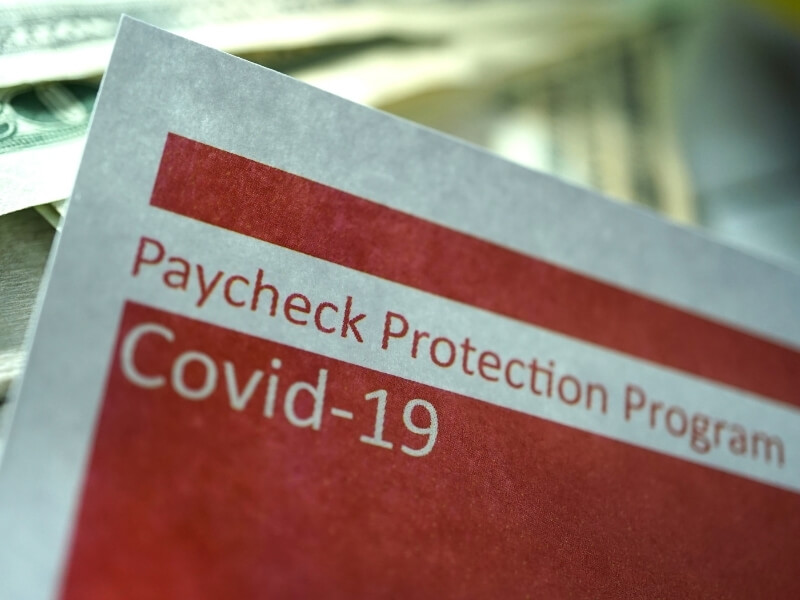
Yes, it is true that external financial audits are only required for publicly traded companies, but that does not mean that you should skip one for your small business. Below we’ve outlined the ways that we see businesses benefit over and over again from an external audit.
4 Rewards of External Financial Audits
Unbiased Validation
External audits are required for publicly traded businesses so investors, both current and potential, can make an informed decision based upon real numbers about whether or not to continue or begin investing in the business. Because the audit is performed by an unaffiliated third party, the information can be trusted as impartial, as it truly speaks to the financial health (or lack thereof) of the organization.
For this very same reason, it is ideal for privately owned businesses to seek an external audit as well. Though a local restaurant, non profit organization, or other small business may not be seeking investors in the traditional sense, it is likely that continued growth may dictate financial support from a bank, sponsor, partner, government, or grant source at some point.
Having a professionally conducted external financial audit for those entities to review will set you apart from other similar organizations. In fact, many grantors and lenders have begun requiring an audit as a part of the application process for funding. This provides a trustworthy and unbiased report as opposed to simply internal accounting records.
Compliance Check
Especially in today’s ever-changing tax compliance climate, it can never hurt to have a second set of eyes ensuring that your business accounting methods comply with current tax regulations.
This is also an issue that often surfaces as your organization grows. One avenue may have been acceptable in the past because your company was not netting enough profit to need to report in a certain category, or you may have branched into a new sector of business, or a new state or city. All of these may require different regulation compliance, and it’s important you stay current on these issues.
Improving Efficiency
We know that as small business owners, managing your financial reports and bookkeeping can get pushed to the side as other pressing issues demand your immediate attention. Professional CPAs may be able to offer game-changing advice after analyzing your books for how to streamline or automate some of your financial processes. This is guaranteed to make life easier for your operations, your tax-time preparation, and the creation of your financial reports in the future.
Finding where time and resources are being wasted is invaluable. As part of the external financial audit, the auditor will provide a report of all the necessary changes. An outside perspective and professional opinion can bring much-needed improvements. Business owners are often too far “in the weeds” to see where financial mistakes that are wasting both time and resources are being made.
Fraud Prevention
No one likes to dwell on the possibility of fraudulent behavior within your business, especially if your small business is operated by family and close friends. Unfortunately, fraud is a real possibility and can be even more prevalent in small organizations where fraud is unassumed.
Businesses see great success by scheduling an external financial audit yearly. This not only keeps financial records in good order, but this audit can help to keep potential fraud at bay, simply by employees and partners knowing that it will be happening.
If you do suspect possible fraud in your organization, an external auditor provides a buffer that makes it look less like you are targeting a specific person’s behavior by having someone look at the overall picture. Even if there is never any fraud in your business, an external auditor’s involvement in your business is invaluable.
Professional External Auditor Near You
At Perry & Associates, our forensic account team is directed by president, Jodey Altier. Our team holds the “Credited in Financial Forensics” (CFF) credential, signifying high expertise and knowledge in forensic accounting. We have had decades of experience in financial fraud investigations, prevention, detection, and deterrence that allow us to quickly and efficiently identify any red flags. Contact us to discuss your company’s external financial audit needs today.

